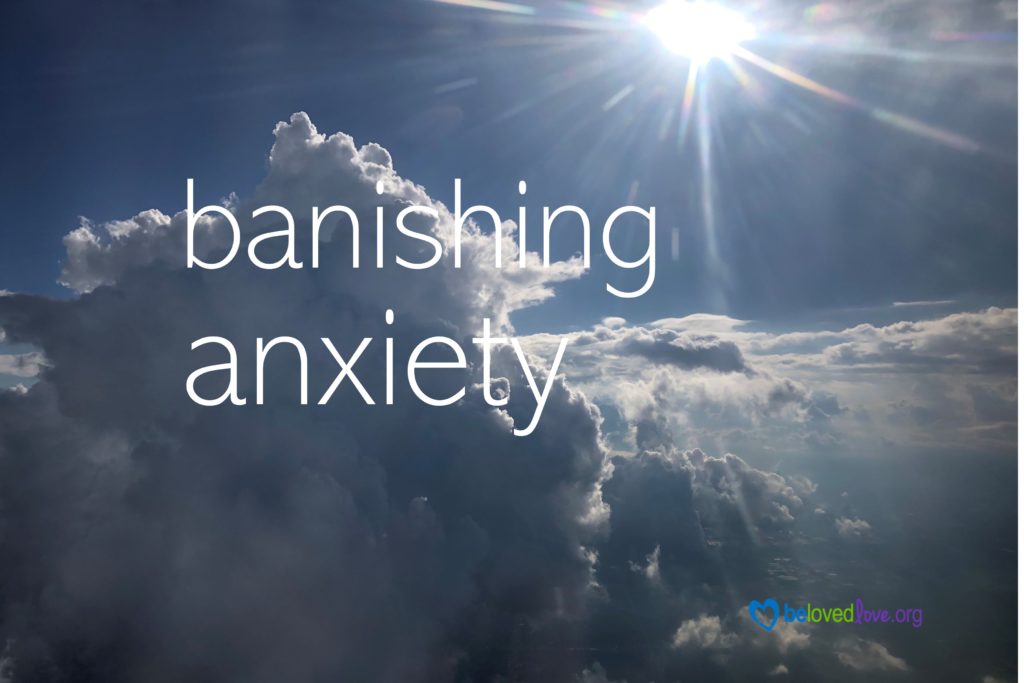May is Mental Health Awareness Month. It’s also a time of chaos for many, between the end of the school year, graduations, and the beginning of wedding season. In this time, it seems appropriate to take a moment to remember how to find peace in the midst of all the chaos, anxiety, and turmoil of life.

Andrew and I were the first of our friends to have a baby, and as all new parents know, that first little one goes with you everywhere. When Michael was first born we were going to a lot of weddings, and so Michael attended his first nuptials when he was just 2 months old. Afterwards at the reception we stuck him in his carrier and put him up on a table next to the dance floor so we could keep a close eye on him. Michael sucked on his pacy and slept while we twisted to “Pink Cadillac,” shagged to “Sweet Home Alabama” and slow danced to “Endless Love. ” He was conked out for hours.
Noise is Just Noise
How did he do that? Why didn’t all that noise wake him up? Why wasn’t he afraid?
He was fed. Warm. Safe. He already knew from past experience that if he cried–or even so much as stirred–there would be many hands to soothe and care for him.
The noise was just noise. He tuned it out.
God’s Peace
God gives us that kind of peace, a peace that comes from knowing that he is right there, protecting us and taking care of us. It is a peace that has nothing to do with the noise of life. It is an inner calm, a knowing, that He is with us—within us—and He loves us.
We don’t understand this. We can’t. We must just accept it. And know that when we become aware of the din, or of our need, he is right there. We are safe. We are loved. That is all we need to know.

God’s peace has nothing to do with our circumstances, and everything to do with His presence.















